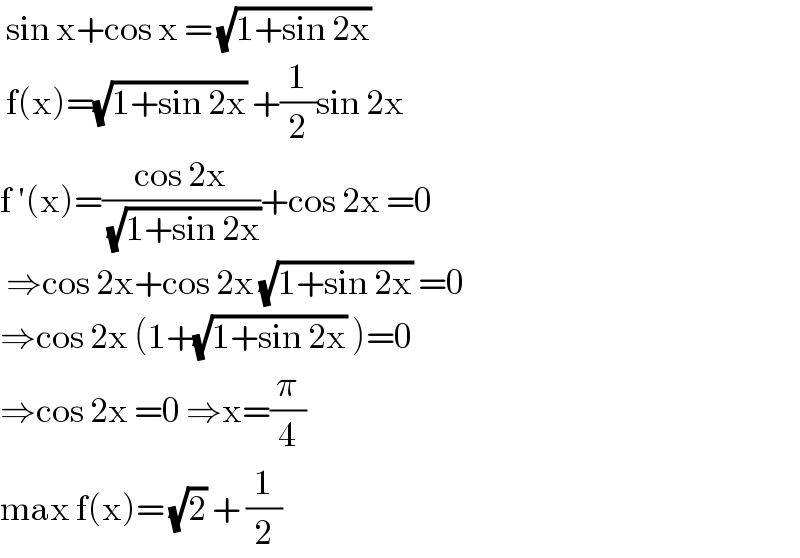
Question and Answers Forum
Question Number 167098 by mr W last updated on 06/Mar/22

Answered by cortano1 last updated on 06/Mar/22

Answered by cortano1 last updated on 06/Mar/22

Answered by mahdipoor last updated on 06/Mar/22

Commented by mr W last updated on 06/Mar/22

